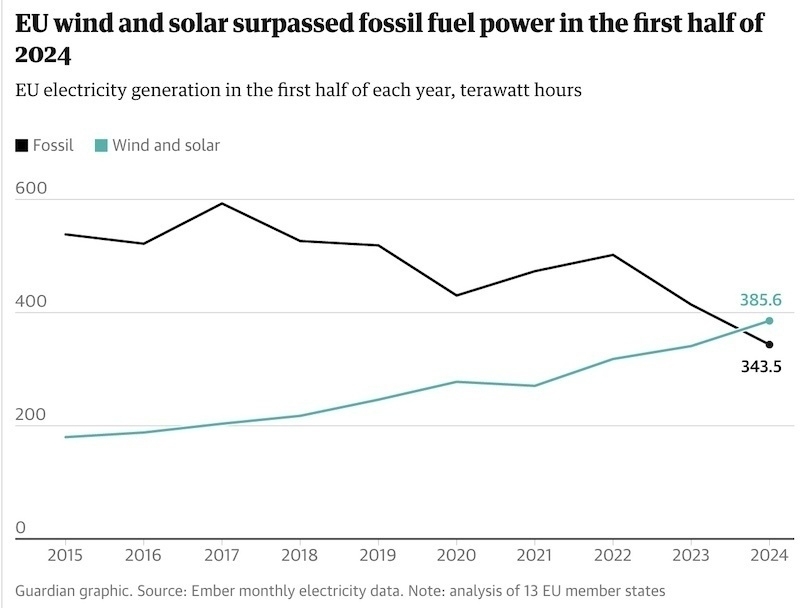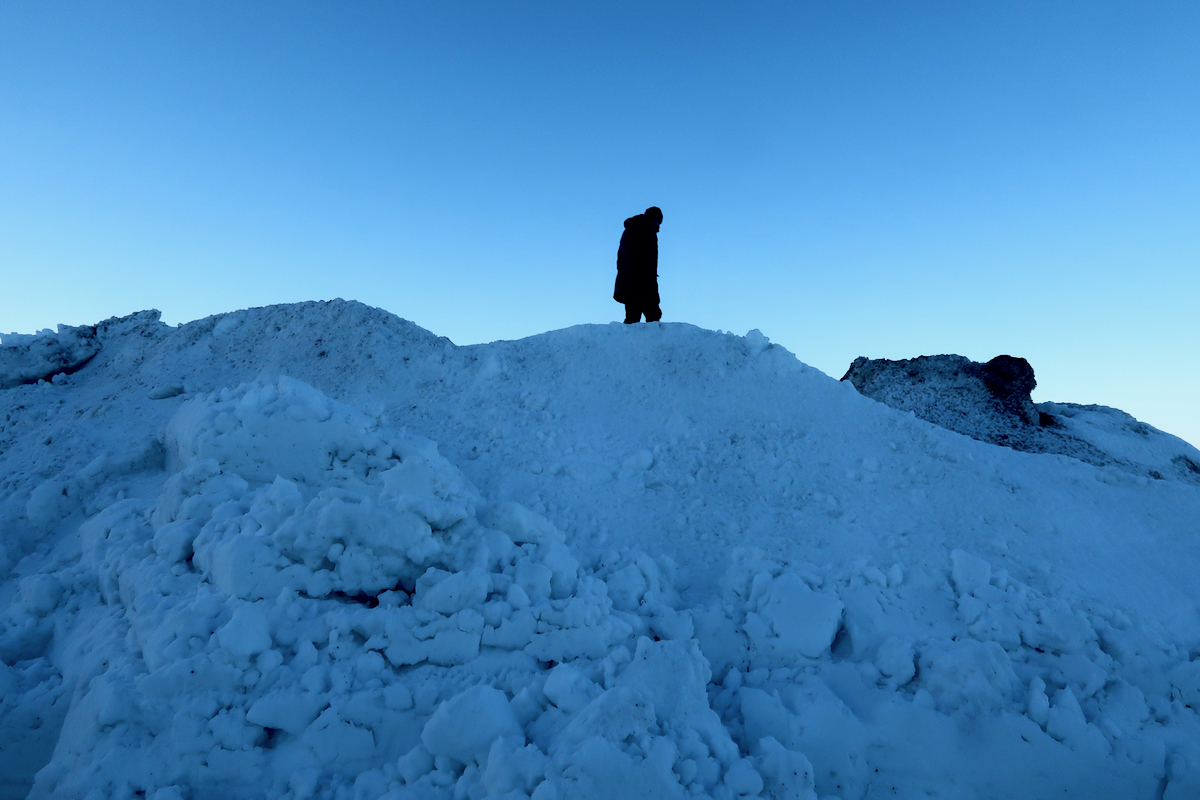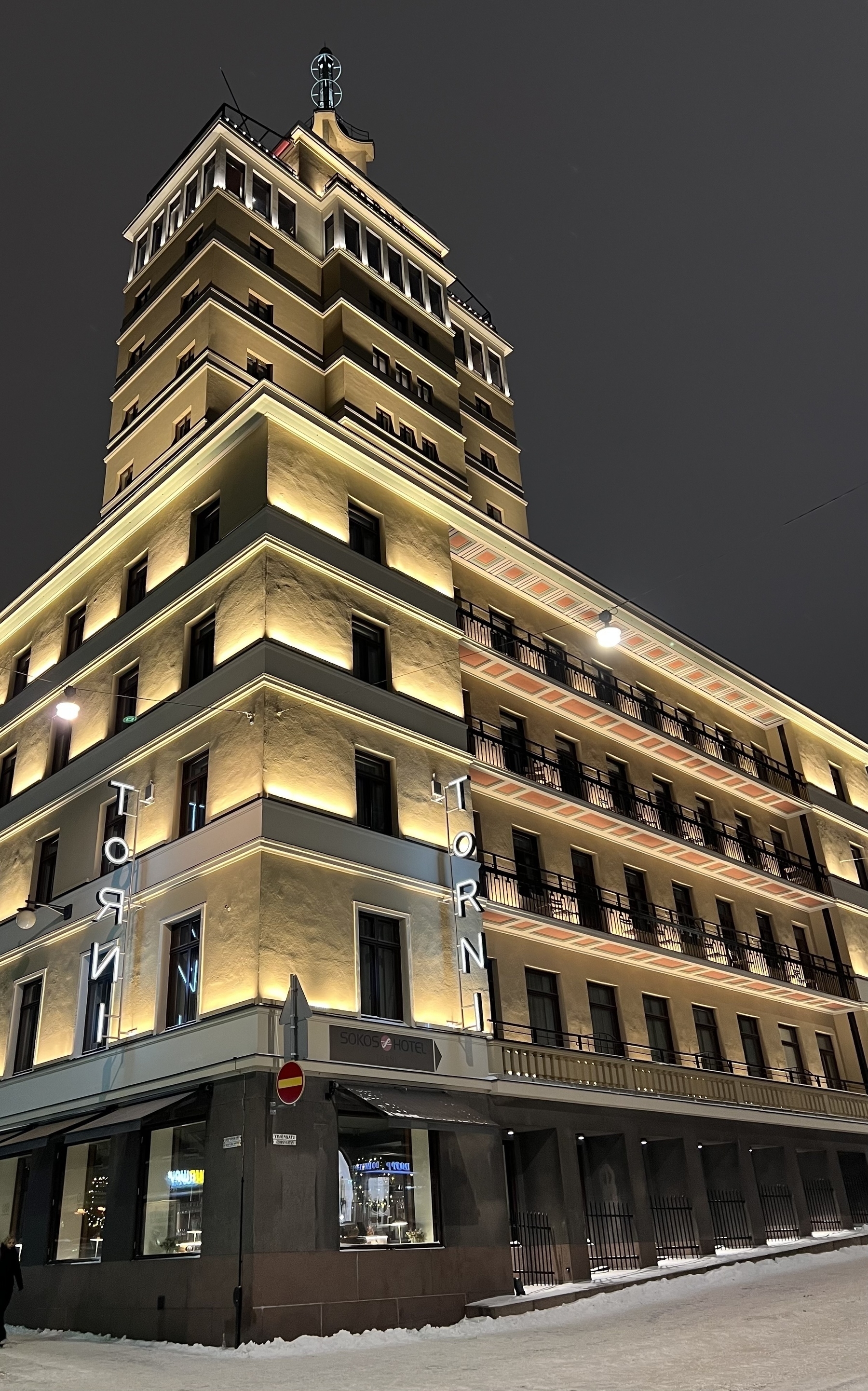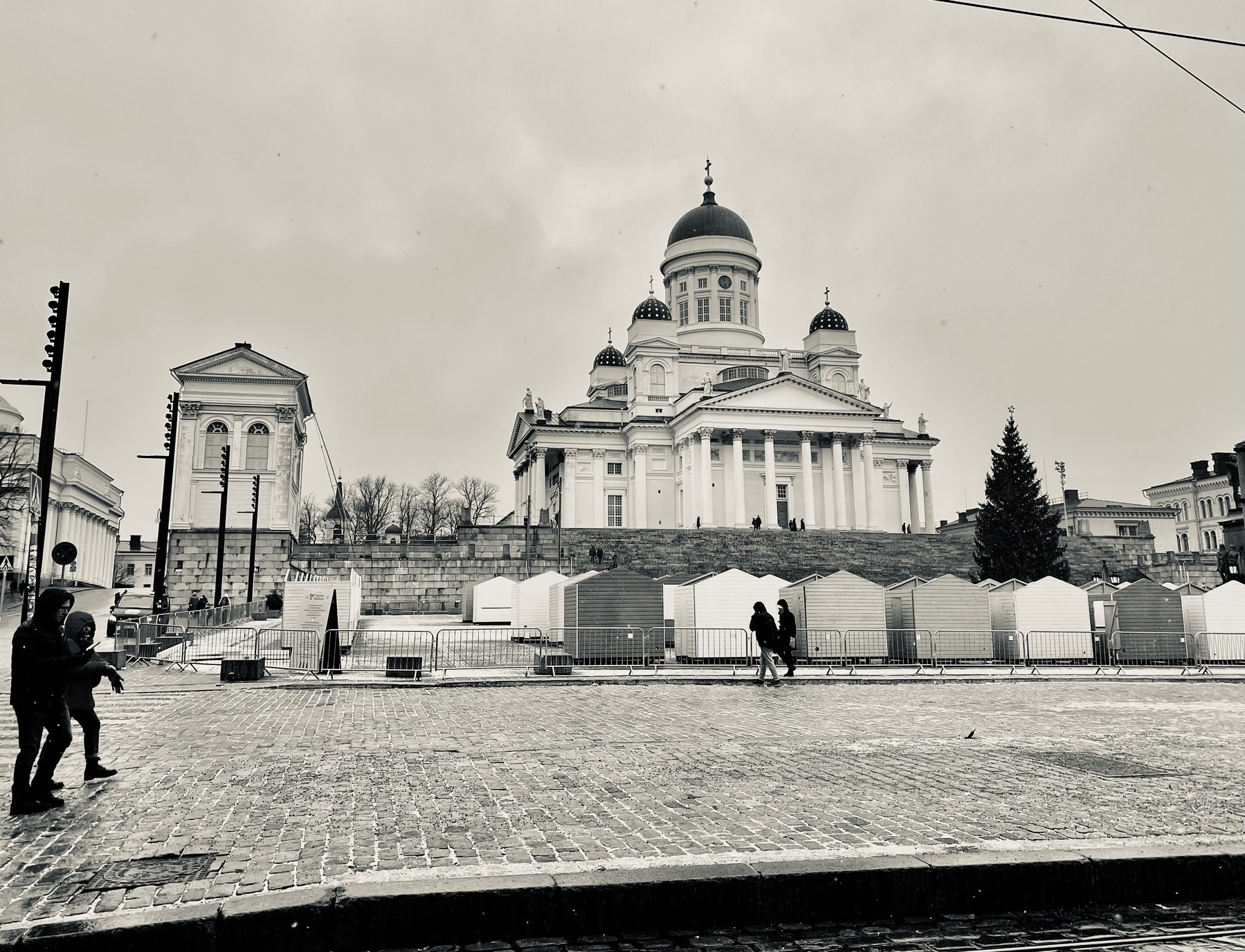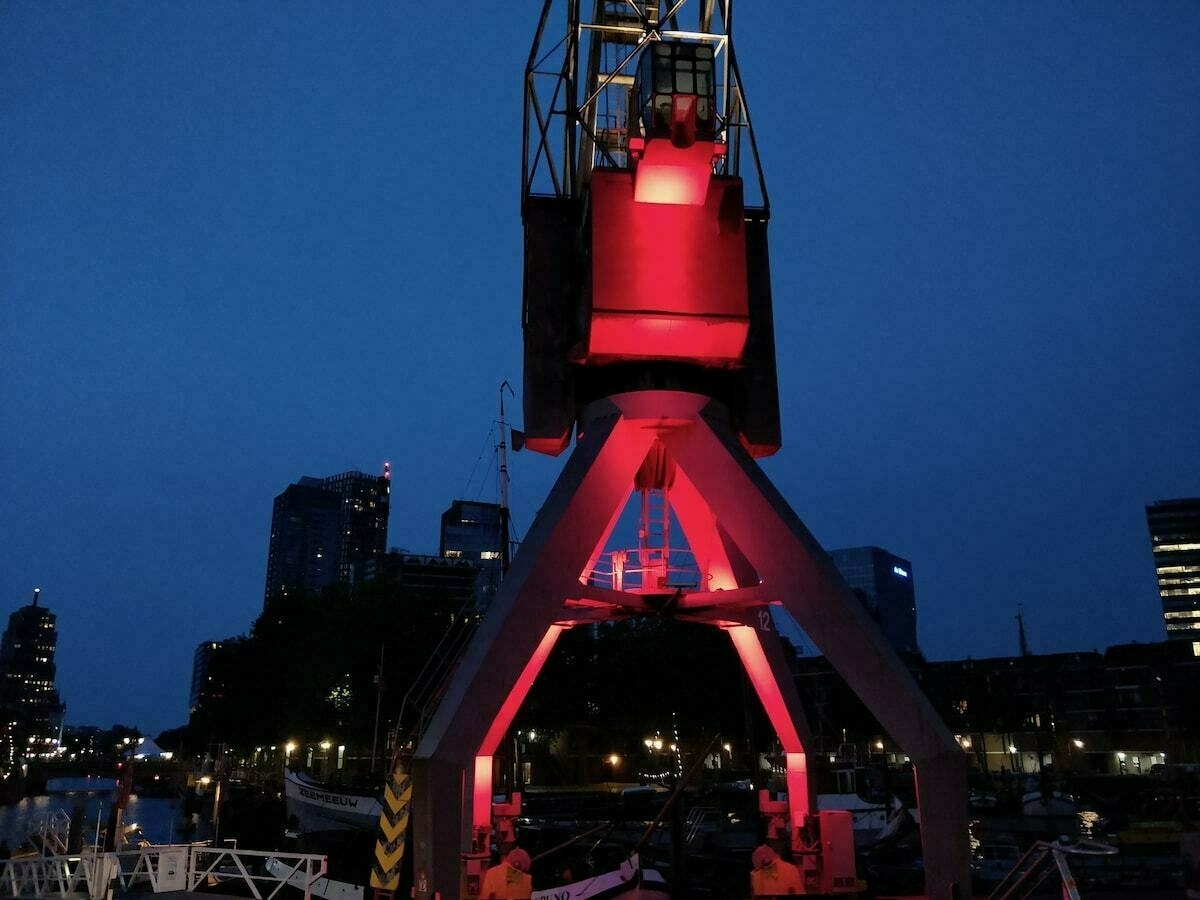lewism
Solar panels will soon have to be installed in all new buildings in Europe. Adding perhaps up to 200GW by 2030. ♻️
Twilight of Democracy by Anne Applebaum 📚
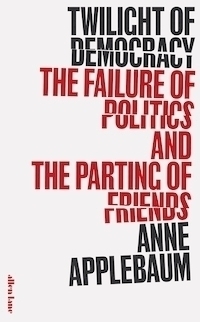
Twilight of Democracy: The Seductive Lure of Authoritarianism is a 2020 book by Anne Applebaum.
Anne Applebaum is an American journalist who lives in Poland and is married to Radisłow Sikorski (in 2024 the Polish Foreign Minister). She started off writing in the UK for The Economist and for The Spectator.
She is from the centre-right with the emphasis on right but a liberal and believer in democracy and the rule of law. In the book she sketches out the outlines of a rift in politics not between left and right but between pro and anti-democratic political forces.
This book charts the rise of populism perhaps better described as authoritarianism in Europe and the USA. She is the perfect person for this role as she was there so to speak. With her journalistic connections and later with her husbands too she was often a witness to the events first hand, a confidant of someone who took part in it, or there in the room.
Indeed this point is beautifully put over at the beginning of the book where she tells about a new years party she put on celebrating the dawn of the millennium with the elite of the Polish right at the time.
At that moment, when Poland was on the cusp of joining the west, it felt as if we were all on the same team. We agreed about democracy, about the road to prosperity, about the way things were going.
Now some of them would cross the street to avoid each other. Friends have become enemies and people who previously espoused democratic values have in practise reneged on them when their own careers could be furthered or their beliefs challenged or when the meritocracy worked against them.
Applebaum knows the players well and quickly and succinctly summarises the tragectory of Poland under the Party Law & Justice (Pis).
She then turns over a nest of bugs in Hungary, UK and Spain before turning to the USA.
She identifies key people or clercs who have betrayed the task of journalists or politicicans - to portray the truth - for their own ends.
Some key clercs profiled in the book are Rafael Bardají (Spain), Ania Bielecka(Poland), Simon Heffer (United Kingdom), Laura Ingraham(United States), and Mária Schmidt (Hungary).
AA also looks at why people might support authoritarianism and introduces (to me anyway) the idea of soft dictatorship and of the medium-sized lie.
The case of Dreyfus in 19thC France is also brought up as a kind of mirror of the political rift today, and indeed it seems to contain many of the same axels, anti-semitism & nationalism being just a couple of them.
I have read some reviews of the book that notes Annes friendship with many of these people and perhaps imply her at least partial guilt in not calling out these people earlier. Of this I couldn’t say but at least she is vocal and specific now.
The book is fairly short and succinct and a great starting point for anyone wishing for an overview of the first 20 years of Western political health from someone who was there. She gives good insight into these events up to 2020 when the book was published. ★★★★📚
The Gift of Confidence
In a short but lovely interview with the Author David Nicholls (of One Day fame) he said something that struck me.
“There’s a line in One Day where Dexter says that he wishes he could give Em the gift of confidence, which is something a friend of mine said to me then.” via
I wish I had that gift, I often see that you either have it or not.
I think my kids are a little better than me, but if this would be a gift I could give them then I would.
I really enjoyed reading whats in a name by @pimoore . I might suggest for anyone interested there is a lovely essay in the book A Place To Read by Michael Cohen about names and why they are so important.
Names, first and last, aristocratic and plebeian, are important, and their importance comes, I believe, from a deep-seated conviction that a name, if it’s genuine, will indicate the true nature, the essence, of its owner. ❝
A Place To Read by Michael Cohen 📚

Michael Cohen has collected a book of his essays together which are about reading and a life taken up by reading.
Among the things he covers, places and their links to time, the home, places to read, names, clothing, travelling, playing golf, notebooks and journalling. Every one of these topics is tied to Cohens own life expanded upon and brought to life while also peppered with small insights that add up as you keep reading.
Sometimes the clarity and beauty of the connections he makes just stopped me in my tracks. It was a book I would pause with just to take in the last thought I’d read and which often sparked my own connections.
The books range is also appealing somehow far reaching but always circling back to something close and personal yet which many of us share.
The essays themselves are beautifully crafted often coming back to their beginnings closing their own opening in some beautiful way or linking somehow with another essay in the book. So to paraphrase something within its own pages it’s a book I will love forever. ★★★★★📚
Empire of Silence by Christopher Ruocchio 📚
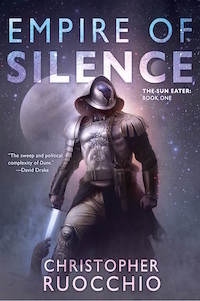
I was excited to start this series having heard good things about it. Characterisation and dialogue are strong although sometimes too pondering. World-building uses a medieval framework on top of a star wars type science-fiction future where earth has been lost and it’s worship turned into the state religion, so far so good.
I found the descriptions and dialogue long winded and pondering. What starts out as involving detail soon became an added weight to the act of reading. The plot slows down here and the impression towards the end of the book was of a few tropes tied together by badly paced writing balanced by an involved and engaging world and plot. This means I can’t fully recommend I think some will love this and some will tire of it.
I am currently reading book 2 Howling Dark as my patience has not yet run out. ★★★ 📚
Obsidian But For Images
I have been looking for an app that is a kind of obsidian for images. Something that I can browse and organise photos with and where tags and comments are written to the file so that if and when the software is no longer supported the files are there with my information carried along. Files over apps just like in Obsidian.
I have been checking out OneFolder but it has not been fully plain sailing. I would love something a little closer to eagle but that encases all your files in a database. I don’t really want to go to adobe bridge with its adobe account cruft. 💻
I made a list of Brutalist buildings in Helsinki.
This Is How You Lose the Time War -by Amal El-Mohtar & Max Gladstone 📚
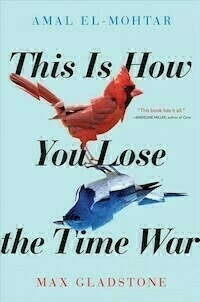
A beautifully written book which starts off slowly if captivatingly but I found myself getting more and more immered in it as it went along. A book with two authors writing the letters of each protagonist back and forth. Surprisingly poetic, philosophical, the prose has a shimmering beauty that will stay with me long after the plot fades.
The idea of dna running through the book matches with the time travel theme as do the double female characters' love story which pushes the book past a exclusively genre centric reading. A modern classic. ★★★★★ 📚.
Babel-17 by Samuel R. Delany📚
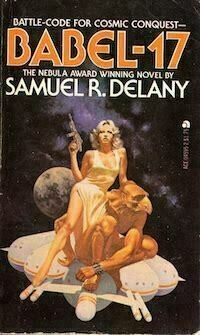
A philospohical sci-fi book which in some ways is genre bending. How is reality and the language related, how do different languages effect how we see reality or how it can be manipulated even?
Babel-17 is a deep dive into these ideas. The complexity or ambition of writing style sometimes clashes, with the need to get over fascinating ideas clearly. The world building also sometime feels incongruous when taken as a whole but it makes you think, even dream about bounds of our experiences.
This is every bit a different type of sci-fi compared to something by Martha Wells for example. It requires attention and thought, but it has a strong driving narrative arc as well it’s a great read, and the fruits are worth the exertion. ★★★★ 📚.
System Collapse by Martha Wells 📚
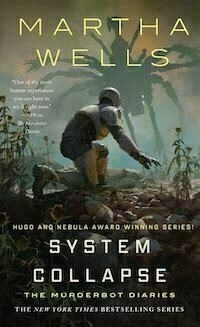
This is the seventh installment of the murderbot series by Martha Wells and a follow up to Network Effect. At this point I am fully signed up to read any and every murderbot book immediately. This one was good but felt a little like an extended epilogue to Network Effect. So here I am greedily waiting for a new adventure and the next installment Grrrr! ★★★ 📚.
The Alienist by Caleb Carr 📚
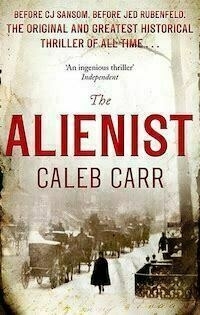
Set in 19th Century New York. A Gothic whodunnit, and a kind of tribute to ripper and Sherlock Holmes mysteries. Maybe the characters are a little derivative and the plot is a little clunky in the final chapters, but New York of the 19th Century is brought alive brightly and beautifully in all it’s glory. The recreation of New York fully absorbed me and was the reads real highlight. A lovely book to get lost in. ★★★★ 📚
First Encounters and Thoughts on AI
So I have been seeing the deluge of all things A.I. in the news and on my feeds etc for a little over a year. This week I was confronted with two AI examples in my own life for the first time.
In text someone whose second language is not even English and had used chatGPT to write a job application letter. He wanted me to look at it and make suggestions and only admitted to me after I had altered it that it was made with AI.
So firstly the english was impeccable, maybe only a few too many commas. But as a letter it was terrible and was so generic as to be immediately ignorable by any employer. I can however imagine with better prompts that a good letter could have been formed.
The second was in an architecture competition which I am doing with a friend. He put some prompts through midjourney concerning some basic ideas we had about the building.
The images were immediately amazing to me on first look. But on deeper inspection they fell apart and were not convincing, strange glitches and impossible artefacts in the building being only the most obvious failures.
I can see these as becoming tools and perhaps shockingly meaning some jobs in which expert knowledge is required will be quite quickly supplanted by AI.
It’s also quite clear from the results that AI doesn’t know what it’s doing (not true AI) but that AI makes accessible brute force knowledge like language knowledge and photorealistic imagery that otherwise for individuals requires thousands of hours to build up their abilities in.
Should I be afraid or reassured? The tools are exciting and potentially for all of us liberating but as usual I never stop being surprised by the depth to which humans can f–k it up. 📝

📷 Day 30: treasure (@agilelisa)
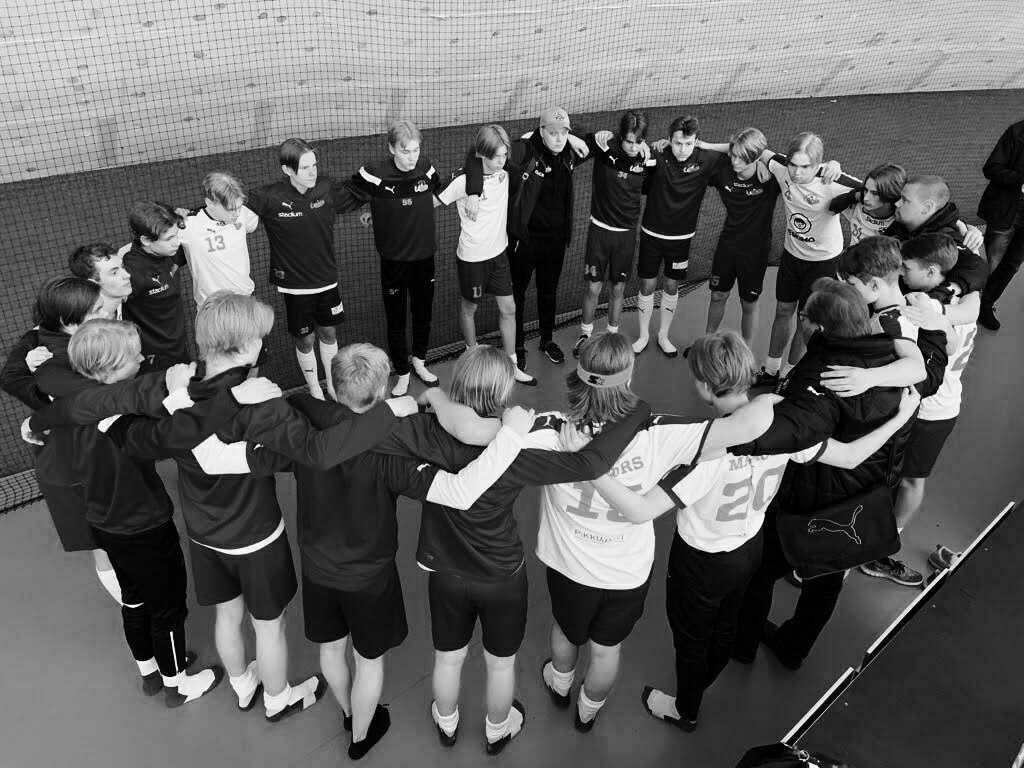
📷 day 27: embrace (@mroutley) #mbsept.
I still remember following my sons floorball team round through the years.
